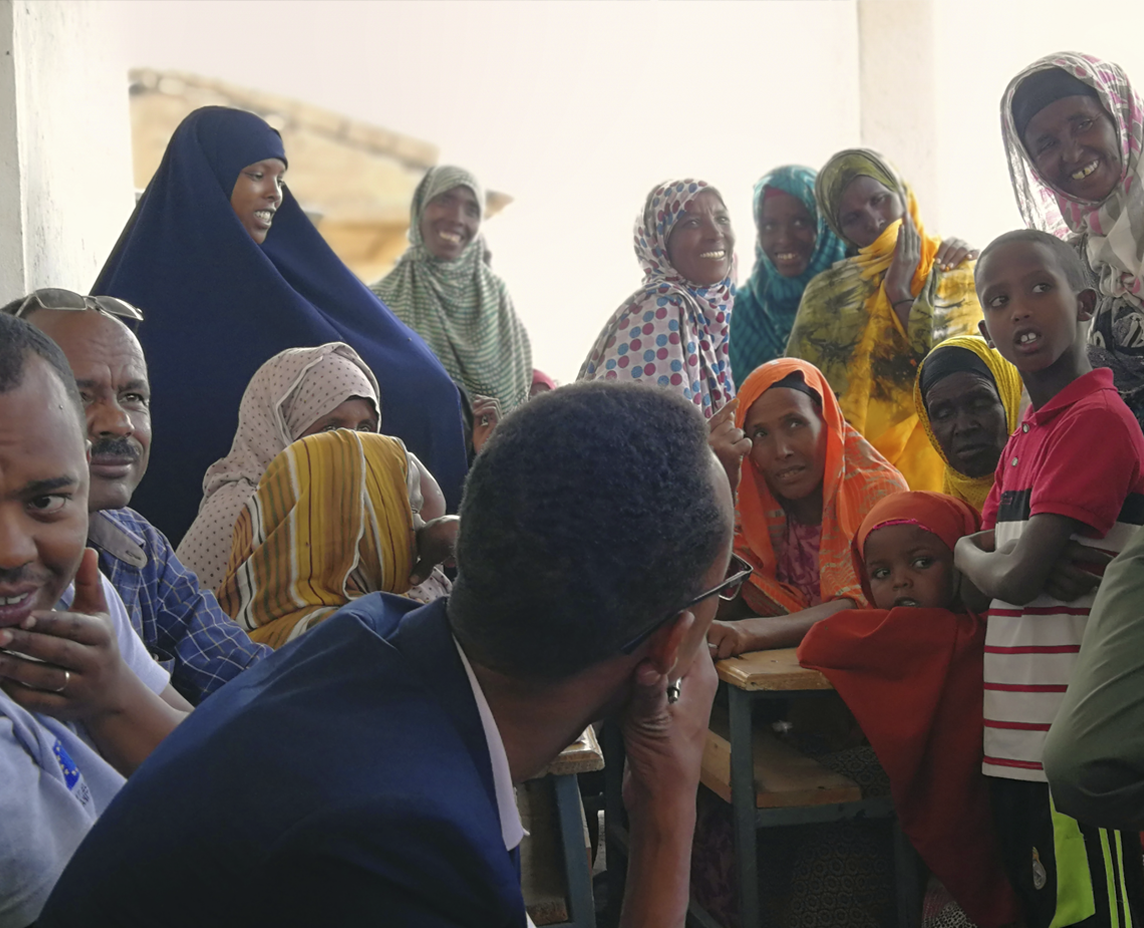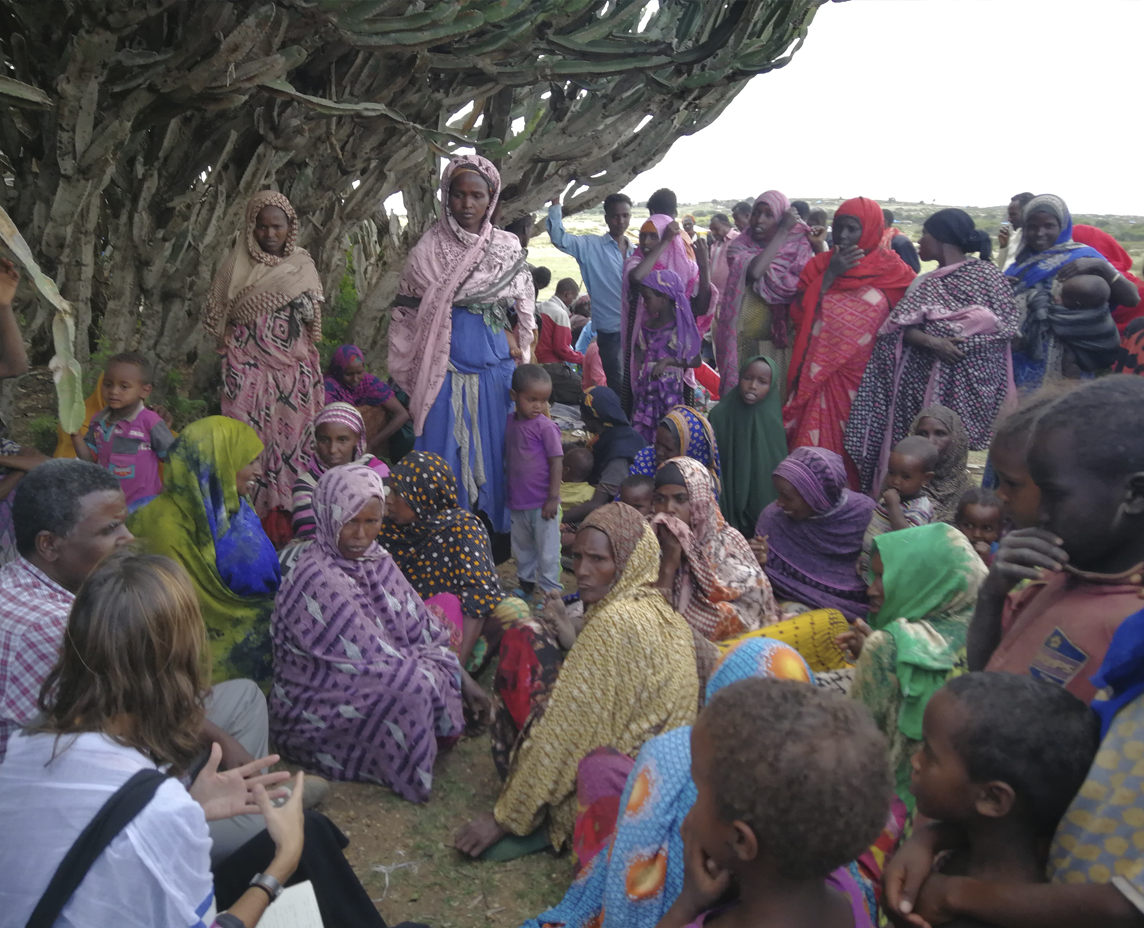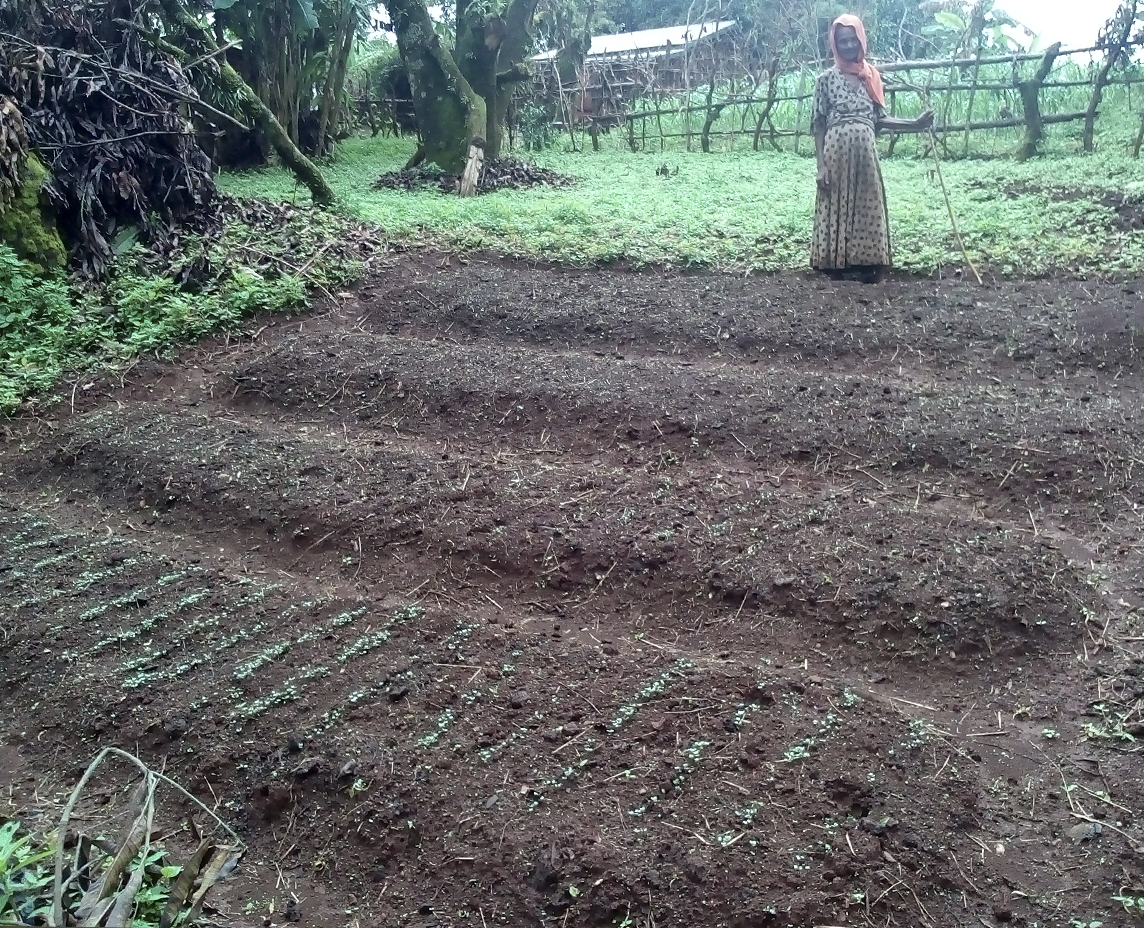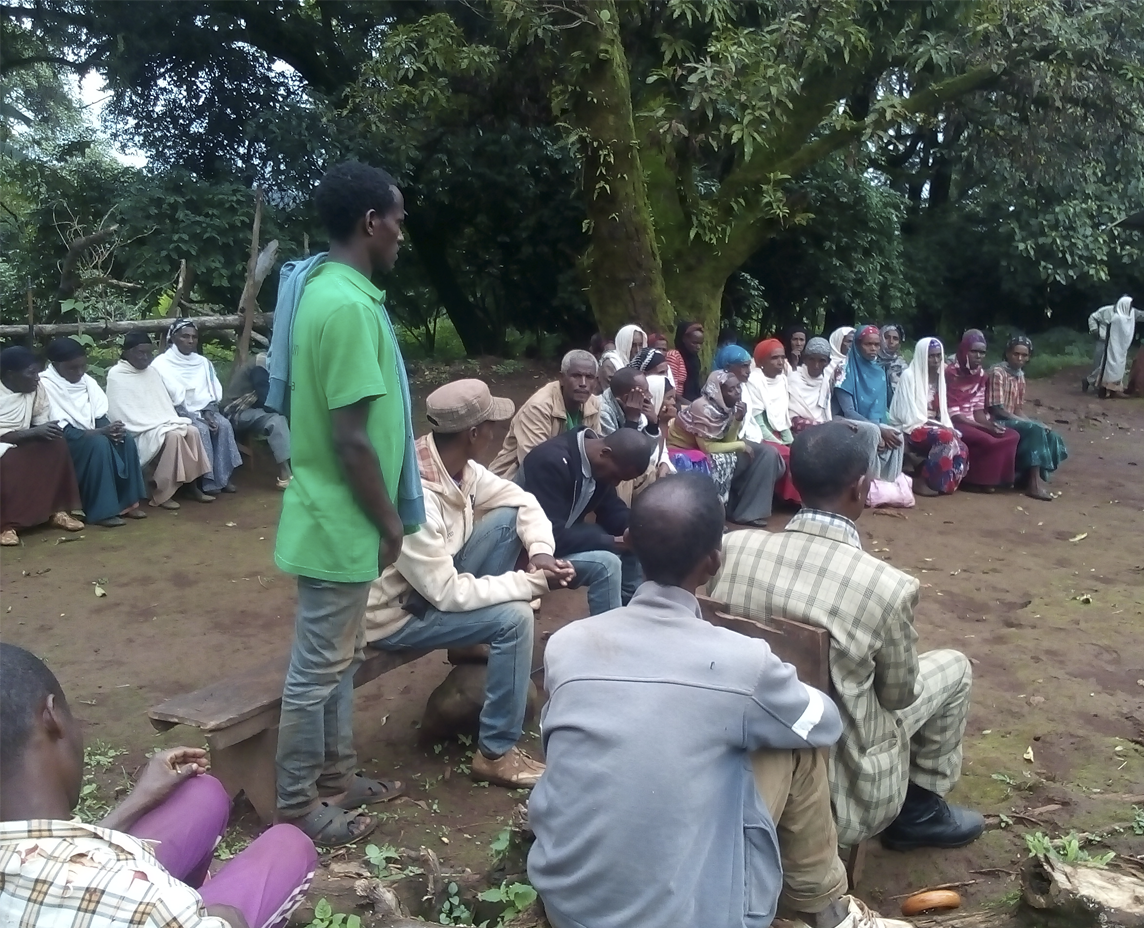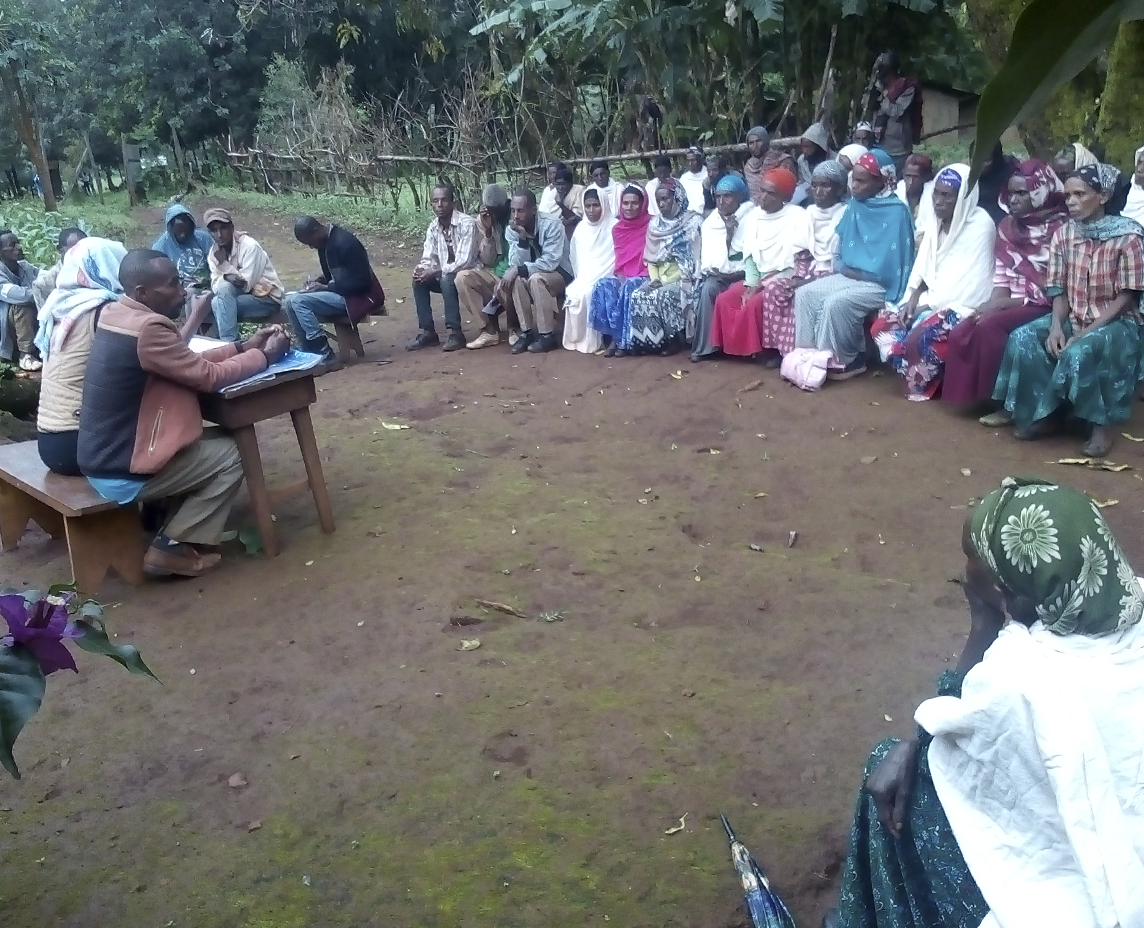In April 2018, a project began in Ethiopia, financed by the Generalitat Valenciana, whose objective is to improve and diversify agricultural productivity, livelihoods and income, as well as contribute to food security, of the 9,803 people that make up the rural community of four kebeles in the district of Sasiga: Badhasa Jarso, Ambalta Fayera, Tokuma Tsige and Haro Fayisa, located in the East area of Wellega, in Oromia.
During the first months, in addition to signing an agreement with the local public institutions involved in project management and choosing technical and support staff, the project was presented at an initial workshop in which 78 men and 24 women –participated, representatives of each one of the kebeles and of the governmental administrations–. After the same, activities have begun to achieve the main objective.
Thus, in order to improve agricultural production in a sustainable manner, increasing the quantity and quality of food, 138 farmers of three kebeles –Badhasa Jarso, Tokuma Tsige and Haro Fayisa– have been trained in contemporary and seasonal agro-technical processes, in aspects that include from the preparation of the land to the care of the plants. Likewise, in order to improve and diversify their families’ diet, 39 women farmers have been supplied with 2.25kg of vegetable seeds such as cabbage, carrot or beet, which they have cultivated during the last rainy season, obtaining a good harvest. Also, in collaboration with the Agriculture Office and despite the fact that nurseries have not yet been established, 48 farmers have participated in the planting and management of 20,800 tree seedlings –Grevillea and Cupreous Lusitanica– in Haro Fayisa during this last rainy season. Finally, 14.5m3 of a ravine formed by runoff has been protected thanks to the construction of a control dam, in whose works a total of 73 farmers of the three kebeles have participated.
On the other hand, with the final goal of improving and diversifying livestock production, which in turn enriches the diet and generates new income, efforts have been made to purchase sheep and chickens for poor farmers grouped in cooperatives in the four kebeles.
These cooperatives, created within the framework of the project, in addition to channeling the distribution of inputs, will help to strengthen the community organization to generate income and will pay special attention to women. Given its importance, 93 kebele farmers from Badhasa Jarso, Tokuma Tsige, and Haro Fayisa have been trained on the basic principles that govern them and the benefits of saving and credit to achieve positive changes in rural development. It has also been agreed to contract the construction of shops and offices in Tokuma Tsige and Haro Fayisa, for primary cooperatives of multiple uses.





